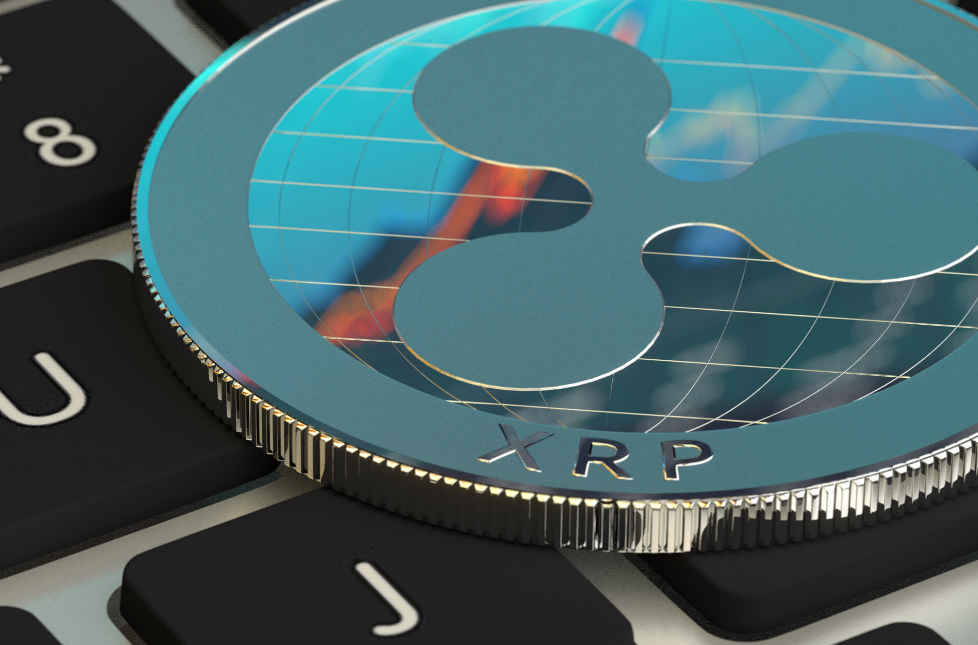Bitcoin (CRYPTO:BTC) has been trending downward in 2022. As of this writing, it is down 22% for the year, with no sign of slowing. The bearishness started in late 2021. BTC delivered a positive return for the whole year, but started showing weakness in June. In November, it began to fall after a brief ascent. It has been trending downward ever since then, and for the most part, the crypto market as a whole has been in the same boat.
In this environment, some investors might be interested in alternative cryptocurrencies. Cryptos are all very correlated with each other, but with a big dose of luck, a person could hit successfully on a smaller one that breaks out.
It’s definitely a long shot play that I will not personally make. But if you’re going to bet on alt-coins, you could consider XRP (CRYPTO:XRP), a smaller crypto whose returns have sometimes deviated from those of Bitcoin. Unlike Bitcoin, XRP has been trending downward ever since its record-breaking 2017 run. It did rally with other cryptocurrencies last year, but it didn’t regain the 2017 highs. So perhaps XRP is a coin that could behave a little differently than other cryptos. In this article I will explore the benefits of XRP versus Bitcoin, so you can decide which is most appealing to you.
Table of Contents
Benefits of XRP over Bitcoin
Like many cryptocurrencies that were invented after Bitcoin, XRP offers more transactions per second than Bitcoin does. This should theoretically result in faster transaction times and less network congestion. Ripple also offers low fees and a highly decentralized platform. Last year, gas fees were a huge concern for NFT buyers, who found that they were paying out more Ether for their transactions than they thought they would. So Ripple seems to have some speed and cost advantages over the incumbent cryptocurrencies.
One Big Advantage Bitcoin Still Has
Despite its speed and cost advantages, XRP loses to Bitcoin on one key feature:
The ability to tax shelter your holdings through ETFs.
With an ETF like the Purpose Bitcoin ETF (TSX:BTCC.B), you can buy Bitcoin on the stock market and hold it in a TFSA. This shelters your holdings from taxation, which results in a higher total return. You do have to pay BTCC.B’s fund managers a 1% fee in exchange for holding your Bitcoin for you. But capital gains can go much higher than 1%. So, if crypto prices rise, then holding BTCC.B in a TFSA may be a net win.
There are such ETFs for XRP as well, but most of them aren’t available to Canadian investors. If you want to tax-shelter crypto through ETFs in Canada, then you have to hold either ETH or BTC funds in a TFSA. It may seem limiting, but it’s the truth as it stands today.
Final Verdict
Having carefully considered the pros and cons of XRP and Bitcoin, I think that between the two, Bitcoin is probably the more reasonable play. I don’t invest in crypto personally, but Bitcoin’s widespread adoption and integration in the economy give it a kind of first-mover advantage. XRP lacks this, so I’m less sure that it will retain some value in the future.
Should You Invest $1,000 In Bitcoin?
Before you consider Bitcoin, we think you’ll want to hear this.
Our S&P/TSX market doubling Stock Advisor Canada team just released their top 10 starter stocks for 2022 that we believe could be a springboard for any portfolio.
Want to see if Bitcoin made our list? Get started with Stock Advisor Canada today to receive all 10 of our starter stocks, a fully stocked treasure trove of industry reports, two brand-new stock recommendations every month, and much more.

